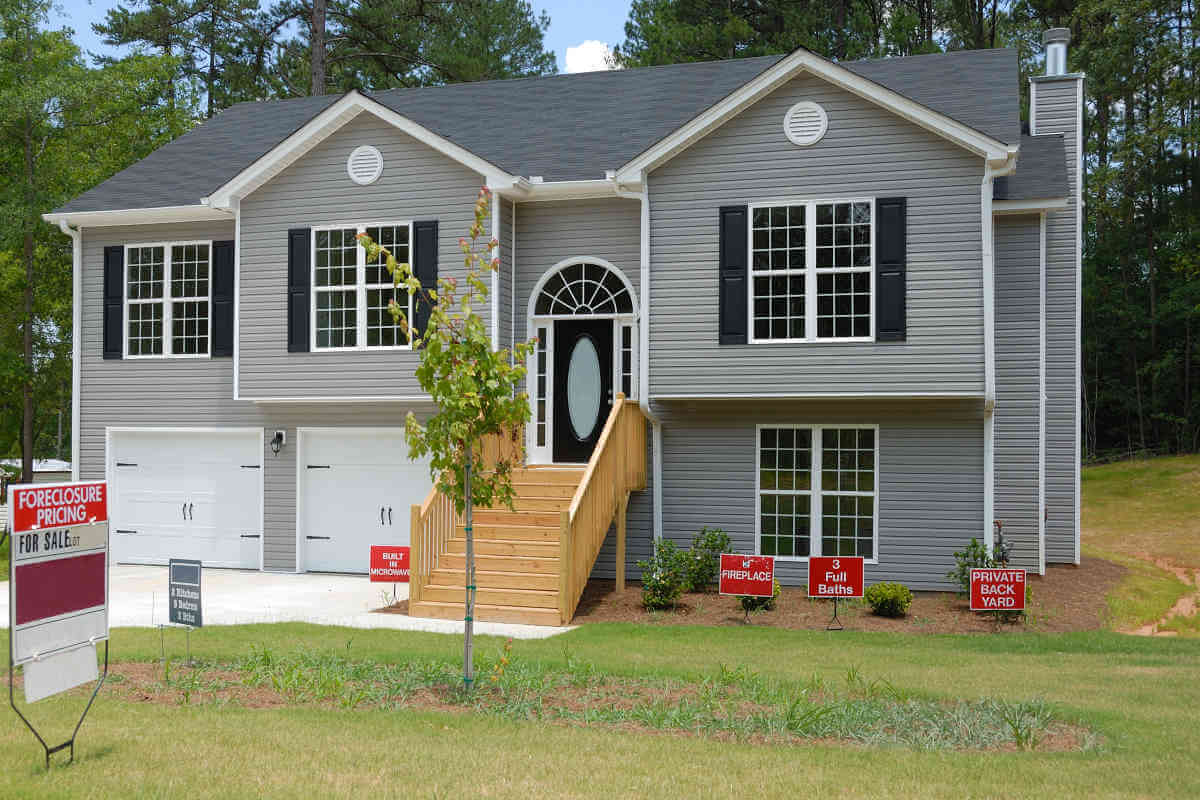Gay male couples — especially black gay couples — are at heightened risk of discrimination by mortgage lenders nationwide when they are seeking to purchase a home, according to an analysis published in the University of Chicago Law Review based on empirical data disclosed under federal housing law.
Overall nationwide, male same-sex couples have 2.5 to 7.5 percent less of a chance of getting a loan approved when compared to white straight couples with the same income who are seeking a home in the same county for the same amount of money and who pose the same risk to lenders.
The situation is worse for couples of color and interracial couples. Black male same-sex couples have a 7.5 percent less chance of being approved for a mortgage loan — the worst of any racial combination — while interracial couples with a black male being the main applicant are next in line with 6.8 percent less of a chance of being approved. Interracial couples with a white man being the main applicant are 4.3 percent less likely to be approved.
White male couples are the least affected: they are 2.5 percent less likely than straight couples to get approved.
Interracial couples suffer from more discrimination in the northeastern United States than elsewhere in the country. Those couples are 12.2 percent less likely to be accepted for a loan.
Lesbian couples face discrimination at much lower rates, but the same racial patterns existed when compared to gay men.
Interestingly, there are no differences between acceptance rates among lesbian and gay couples in rural versus urban areas, and there are no differences when it comes to swing states, Democratic states, or Republican states.
The authors even reviewed data to search for signs of the “contact hypothesis,” which is the theory that people are more tolerant of minority groups when they are in contact with them. Although people in urban areas are more likely to have established contact with gay people, the authors did not the expected better outcomes for male couples there.
The discrimination is not limited to the United States, either. The report mentioned a 2009 study from Sweden that revealed that straight couples had a 14 percent higher chance of being called back by a mortgage lender than gay couples. Another study based in Vancouver, Canada yielded similar results.
However, gay couples fare much better in states and localities with laws banning discrimination on the basis of sexual orientation, according to the report. Un recent years, several federal appeals court have ruled that Title VII of the Civil Rights Act of 1964 protects people from discrimination on the basis of sexual orientation, though the issue has not yet been decided by the Supreme Court.
The study did not square the findings on the relationship to nondiscrimination laws with the data on interracial couples in the northeast, which more than most areas of the country enjoy nondiscrimination protections.
Most of the data used in the report came from the Home Mortgage Disclosure Act, which gave the authors the opportunity to review the rate of home loan acceptance for every Fair Housing Administration (FHA) loan between 2010 and 2015. Lenders insured by the FHA are banned from considering perceived or actual sexual orientation, gender identity, or marital status of applicants, but the study indicates lenders still found ways around the rule because it can be difficult to prove discrimination and sometimes, for a variety of reasons, worthy cases are not pursued by the victims.
University of Alabama Professors Griffin Edwards and John Shahar Dillbary, the two authors of the report, did not respond to requests for comment on the information.


































